Vicious loops
According to statistics, in 2024, the country will have more than 13 million ethnic minority people, of which women account for 49.8%. The proportion of women and men is relatively balanced, but ethnic minority women are still a vulnerable group. They are suffering many disadvantages and gender inequality in the family and in society. Accordingly, gender stereotypes, gender norms and many backward customs are invisible barriers that make many ethnic minority women live in seclusion, without many opportunities to interact, learn and develop their own capacity.
One of the typical gender stereotypes is the notion that housework is women’s work. In many highland villages in Vietnam, this is especially evident when ethnic minority women are often attached to traditional roles such as taking care of the family, raising children, farming and doing heavy labor in the house. Although taking up most of the time and effort, these are unpaid care jobs.
Gender inequality in housework participation is also reflected in the difference in the number of hours women do housework compared to men. According to the results of the 2020 Labor and Employment Survey, women spend an average of 20.1 hours per week on unpaid care work, nearly double the time men spend on this work (10.7 hours per week). In ethnic minority communities, this gap is even larger and has become one of the barriers that prevent ethnic minority women from having equal opportunities to participate in the labor market.
It can be seen that the fact that ethnic minority women do not participate in the labor market, in addition to issues such as limited personal health or lack of skills, also stems from the notion that housework is work suitable for women's abilities. This notion not only limits the position of ethnic minority women within the family but also makes them lose the opportunity to assert themselves in a professional working environment, with fair remuneration.
As a result, many ethnic minority women fall into a vicious cycle: no stable job, no personal income, no voice in the family and community. When they do not make money , they easily become financially dependent, thereby gradually losing their autonomy in life.
According to the Central Committee of the Vietnam Women's Union (VWU), ethnic minority women often start working at a very early age and their livelihood activities are mainly related to land. However, they lack equal access to important resources such as land and capital. In addition, in the traditional family structure, men are still considered the main breadwinner and decision maker. Women are only recognized as heads of households in households where men are absent.
In addition, ethnic minority women also face difficulties in accessing information and development opportunities. They often do not clearly understand their rights to participate in and benefit from local production development support programs, and are rarely selected to attend capacity building training courses. At the same time, they are disadvantaged in accessing formal credit, which is an important tool for developing livelihoods, production and business activities.
On the other hand, the rate of ethnic minority women participating in social organizations and unions is still very low. This makes them lack forums to share, learn and raise awareness of their rights and roles. In general, ethnic minority women have very few opportunities to make their own decisions on issues that affect their lives, let alone improve their status in the family and society by improving their education or developing their livelihoods and improving their income.
This prolonged situation makes empowering ethnic minority women more difficult than ever. Many fall into a state of inferiority, self-consciousness about their abilities, shy away from new opportunities and gradually withdraw into the mold of pre-determined roles. As a result, the gender gap in the family and society in ethnic minority and mountainous areas continues to widen. Deep-rooted prejudices and the feeling of being left behind are like silent but persistent injuries that affect the lives of each ethnic minority woman.
Technology to promote rights for ethnic minority women
In order to “heal” the persistent injuries that ethnic minority women are suffering, in recent years, the Party and State have issued many specific policies and guidelines to create conditions for women in ethnic minority and mountainous areas to develop their economies, develop their abilities and intelligence, and assert themselves. Thereby promoting gender equality and enhancing the role and position of women in the trend of integration and development.
However, for the facilitation process to truly bring sustainable results, in addition to policies, a strong “push” from technology and digital transformation is needed. In the current digital age, technology is a powerful empowerment tool, opening up new opportunities for ethnic minority women.
When accessed and applied effectively, technology can help ethnic minority women change their lives in ways they never thought possible. They can supplement their knowledge remotely, access all information easily, and especially increase their income and improve their quality of life. Thus, technology not only helps ethnic minority women take control of their economy and life, but also become more confident in their social roles, thereby breaking down invisible barriers that have held them back for a long time.
Aware of this, Women's Unions at all levels have quickly come up with solutions to promote support for technology application and participation in the digital transformation process for ethnic minority women. Talking to the media, Vice President of the Vietnam Women's Union Nguyen Thi Minh Huong said that, as a pioneering organization for women's equality and development, the Union is aware of its responsibility and role in promoting the application of information technology, towards digital transformation to better fulfill its political tasks, supporting members and women to participate in the national digital transformation process.
The proof is that in recent times, Women's Unions at all levels have promoted many propaganda activities, supporting members and ethnic minority women to improve their knowledge and skills in applying information technology. Building models and activities to apply technology; ethnic minority women's groups and teams to digitally transform. Accordingly, the application of social networks, especially Facebook and Tiktok platforms, is being effectively exploited by Women's Unions at all levels as a practical support channel for economic development. Through training and coaching activities, members and ethnic minority women are equipped with skills in livestreaming sales, product promotion, customer connection, etc.
In parallel with supporting women in economic development, Women's Unions at all levels have also actively promoted the application of technology and digital transformation in the activities and operations of the Union. The information and communication systems of the Union, from the electronic information page, electronic communication channels to social networking platforms, have become effective bridges between the Union and its members, ethnic minority women.
These platforms are well-invested, have rich content, vivid forms, are constantly updated and improved in quality, thereby attracting strong interactions from a large number of members, ethnic minority women. This place has become a "digital forum" contributing to the propaganda of the Party and State's policies and guidelines related to women, children and gender equality, promoting good values, good models, and advanced examples among women to spread positive and humane things, enhance the value and position of women, especially ethnic minority women in the new era.
Source: https://baophapluat.vn/khi-cong-nghe-chua-lanh-cho-phu-nu-dan-toc-thieu-so-post550327.html









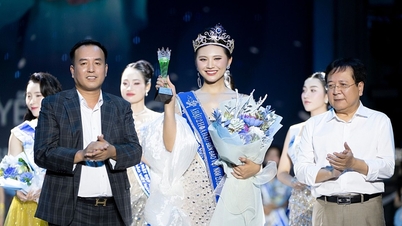



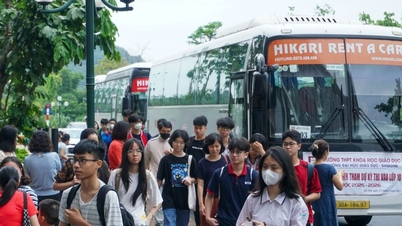







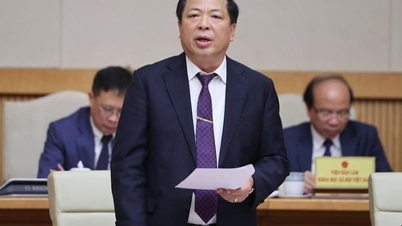

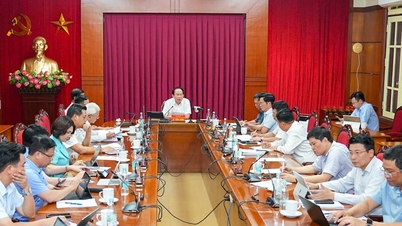
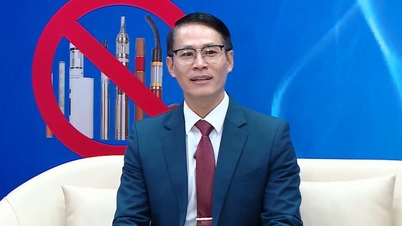
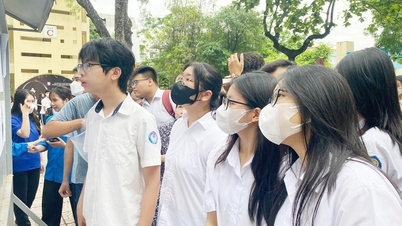





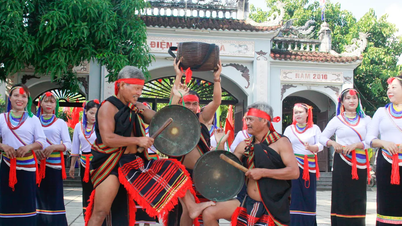



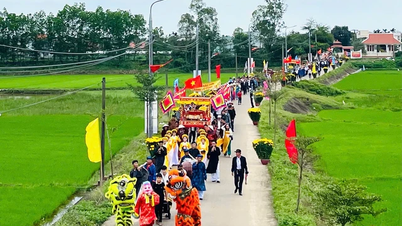








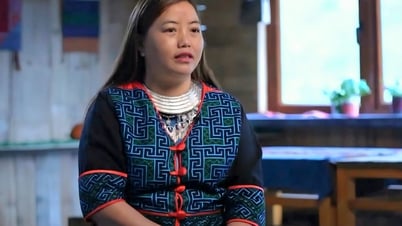
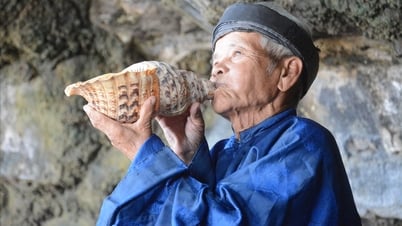





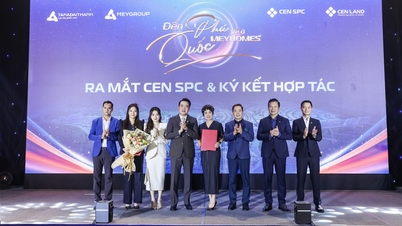




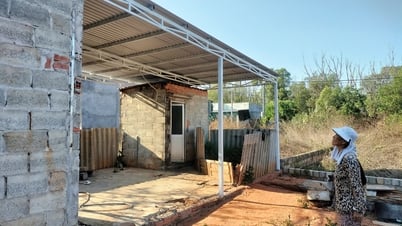










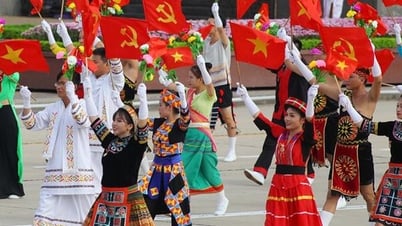

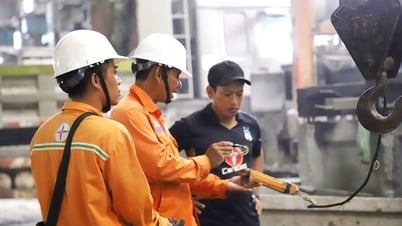


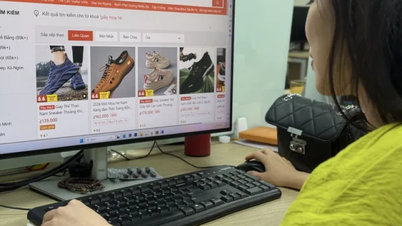

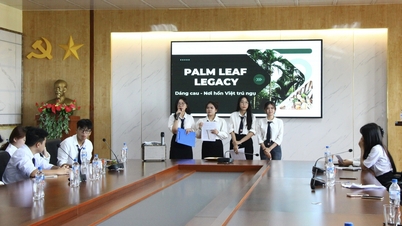



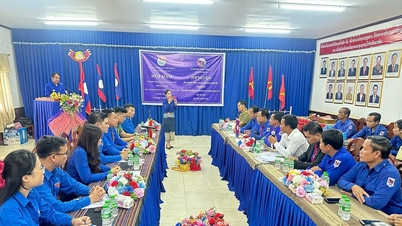










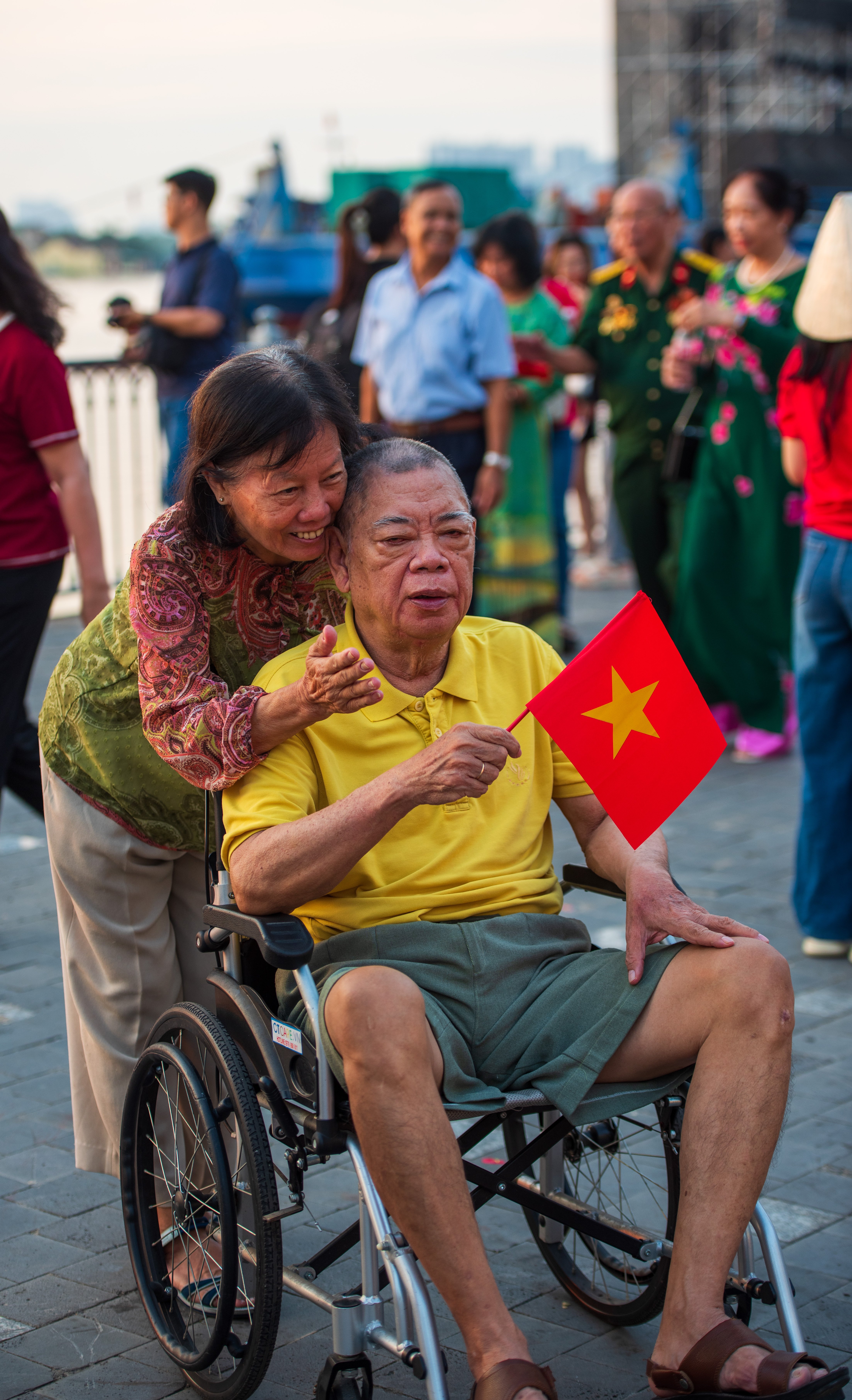



Comment (0)